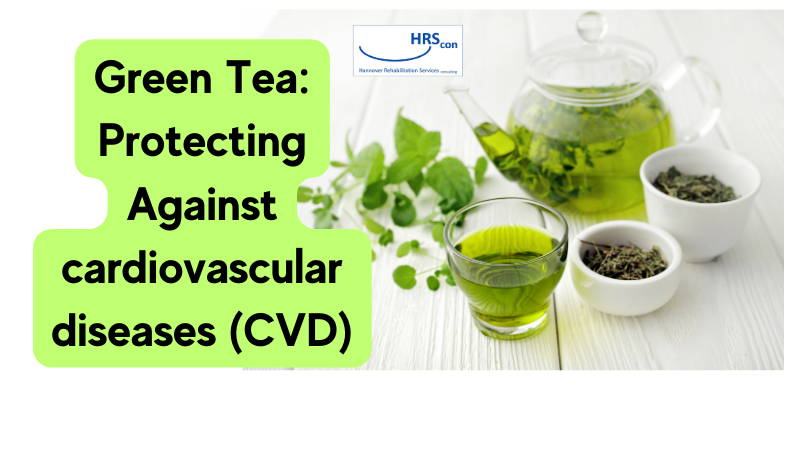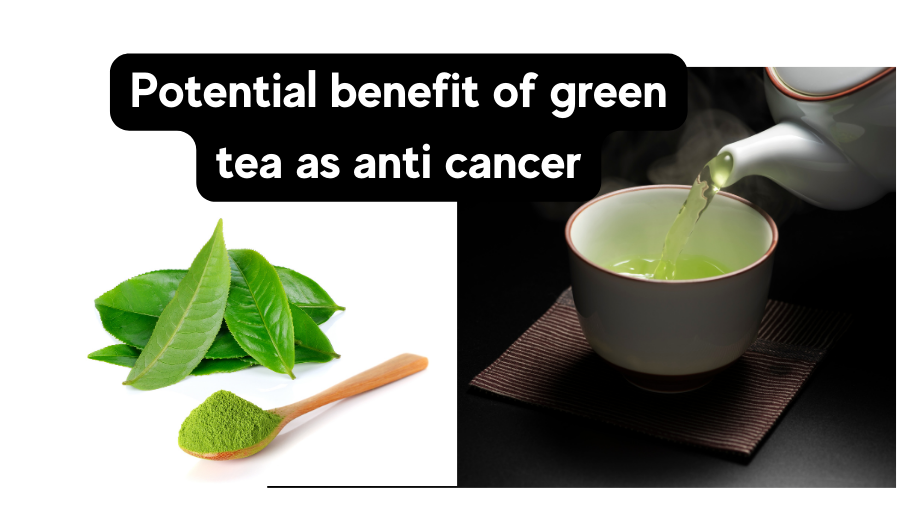Understanding Platelet Activation and Aggregation
In Cardiovascular Disease (CVD), platelet activation and aggregation play a key role. Damaged blood vessels trigger rapid platelet response, forming plugs and potential clots that can block vessels.
Green Tea’s Inhibitory Moves:
Green tea catechins have shown promise in inhibiting platelet aggregation in various animal studies.
Unlocking Cellular Targets:
- Studies suggest catechins may affect platelet activation by:
- Interfering with the arachidonic acid pathway.
- Inhibiting calcium increase in platelets.
- Reducing thromboxane A2 (TXA2) production.
- Blocking cyclooxygenase-1 (COX-1).
Human Platelet Protection:
- In human platelet studies, EGCG demonstrated the ability to:
- Inhibit platelet activation triggered by adenosine diphosphate (ADP).
- Suppress p38 MAPK phosphorylation of heat shock protein 27 (HSP27), curbing the release of pro-thrombotic contents.
Green tea, with its catechins, emerges as a natural defender, hindering the risky dance of platelet aggregation. By targeting key cellular pathways, it holds potential in preventing vessel occlusion and enhancing cardiovascular health.
Reference: Wanda C. Reygaert. An Update on the Health Benefits of Green Tea. Beverages 2017, 3(1), 6
Other interesting articles:




